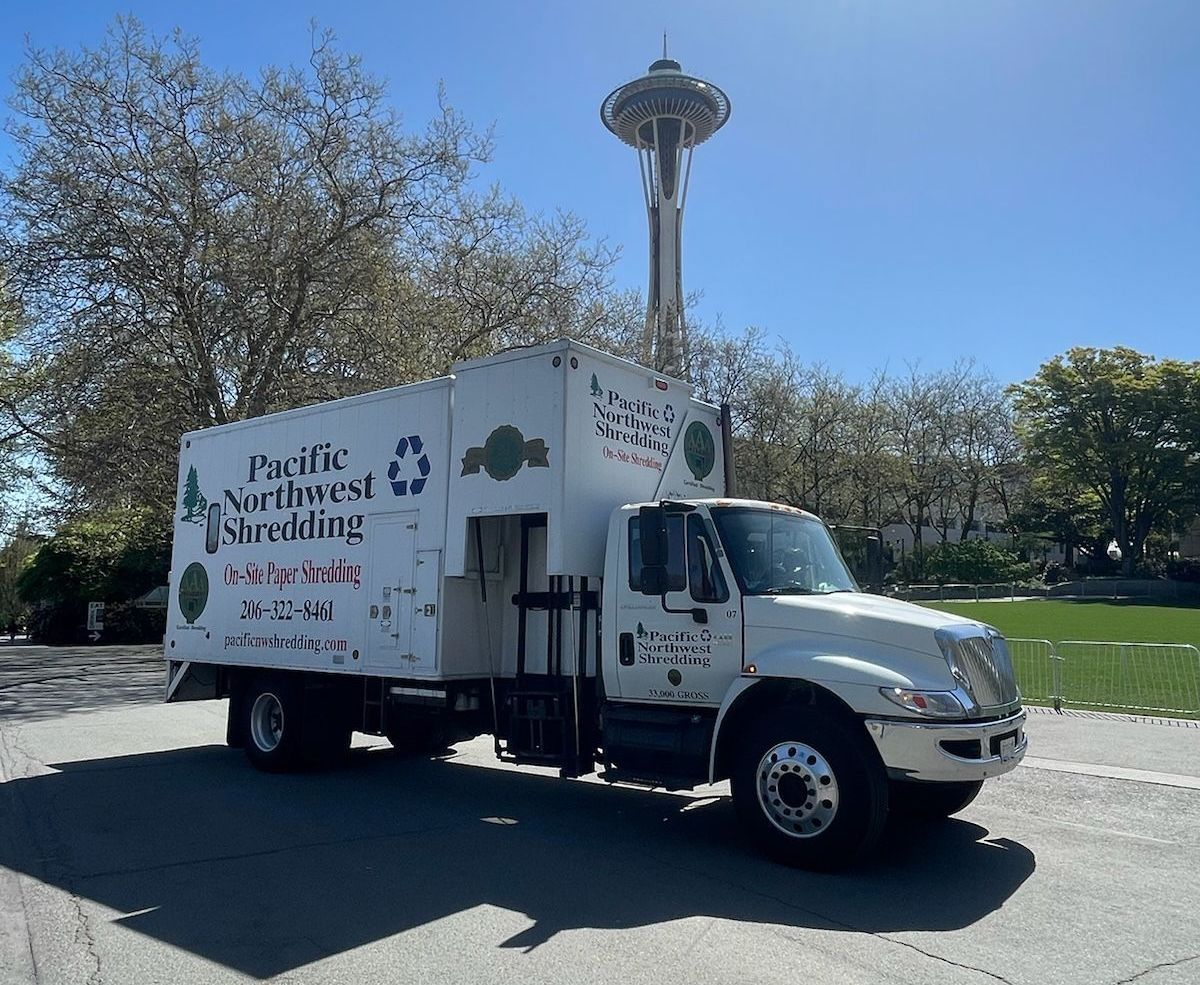Blogs
Expert Insights On Information Security

Contact Us: (206) 322 - 8461
Email: mark@pacificnwshredding.com
Address: P.O. Box 59773 Renton, WA 98058 US

The National Association for Information Destruction (NAID) enforces the highest standard of security for document destruction companies. NAID ensures all procedures surpass strict security guidelines before they grant certification. learn more
The National Association for Information Destruction (NAID) enforces the highest standard of security for document destruction companies. NAID ensures all procedures surpass strict security guidelines before they grant certification. learn more
Contact Us: (206) 322 - 8461
Email: mark@pacificnwshredding.com
Address: 3215 Lafayette Ave. South, Seattle, WA 98144
Contact Us: (206) 322 - 8461
Email: mark@pacificnwshredding.com
Contact Us: (206) 322 - 8461
Email: mark@pacificnwshredding.com
Contact Us: (206) 322 - 8461
Email: mark@pacificnwshredding.com
Address: P.O. Box 59773 Renton, WA 98058 US
Copyright © 2024 Pacific Northwest Shredding, Inc. | All Rights Reserved | Privacy Policy | Designed and Managed by JLT Web Design & Digital Marketing.
Copyright © 2024 Pacific Northwest Shredding, Inc. | All Rights Reserved | Privacy Policy |
Designed and Managed by JLT Web Design & Digital Marketing.
Copyright © 2024 Pacific Northwest Shredding, Inc. All Rights Reserved
Designed and Managed by JLT Web Design & Digital Marketing.